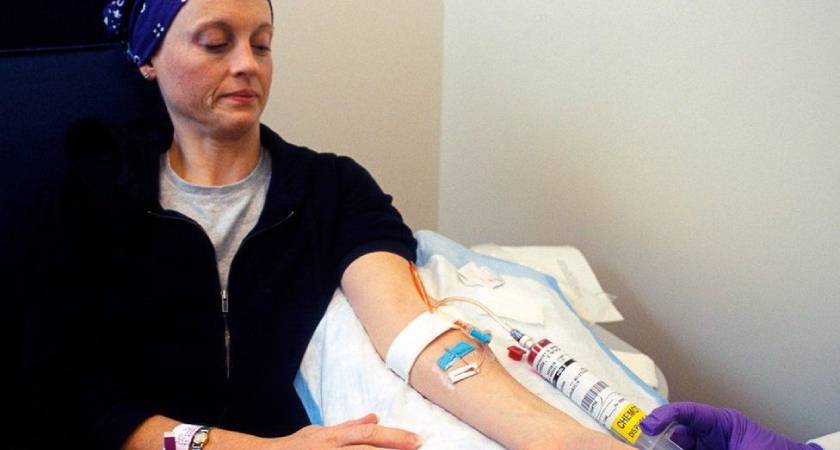Chemotherapy:
Using the right anti-cancer equipment as a tool is essential for oncologists to help their patients achieve the best possible results.
The most common tools used by doctors include chemotherapy and immunotherapy – two cancer treatments that use very different methods. How are they different?
- Chemotherapy kills fast-growing cells – both cancerous and non-cancerous – in the body.
- Immunotherapy helps the immune system better identify cancer cells so they can attack and kill them.
Chemotherapy and immunotherapy may be used alone or in combination, or may also be used in combination with other treatments, such as surgery or radiation therapy.
Chemotherapeutic drugs work as they are given and remain in the body, while immunotherapeutic drugs can stimulate the immune system to continue to have cancer attacks, even after treatment has stopped. Chemotherapy has a faster effect, shrinks tumors, and kills cancer cells while preventing the effects of immunotherapy for a longer period of time.
Immunotherapy:
Cancer cells are not like normal cells in the body. They don’t die normally. They divide quickly, over and over again, constantly mutating and developing an immune system that should protect you from disease and infection.
Immunotherapeutic drugs are designed to expose these abnormal cells to the immune system so that they can destroy them. Immunotherapeutic drugs fall into several general categories:
- Checkpoint Inhibitors: Cancer cells can send signals that deceive the immune system to think they are healthy cells. Checkpoint blockers are designed to interrupt the signal and trigger a response of the immune system against cancer.
- Cytokines: These protein molecules help regulate and regulate the immune system. To increase cancer resistance, cytokines are synthesized in the laboratory and then injected into the body in much higher doses than the body naturally produces.
- Cancer vaccine: These drugs can reduce the risk of cancer by attacking the viruses that cause cancer. They can also activate the immune system to attack cancer cells in a certain part of the body.
- CAR T cells (Chimeric antigen receptor T cells): These are T cells that fight infection, which are taken from the bloodstream, rearranged to attack the cancer cells, and then return to the body. . These modified T cells, called CAR T cells, are designed to attack specific parts of cancer cells.

